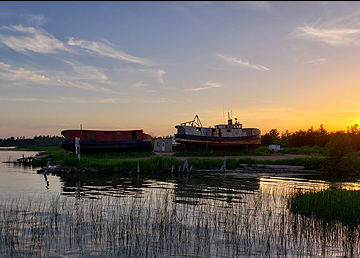-
ee@esquegalaw.com
Email Us -
1-888-274-8801
Call Us
ee@esquegalaw.com
Email Us
1-888-274-8801
Call Us


Etienne has extensive experience in advising First Nation Bands, organizations, and commercial entities on a wide range of issues ranging from governance matters to corporate issues. This is why Etienne went to law school and became a lawyer.
Aboriginal law in Canada is incredibly complex due to its colonial history and the ongoing effects of colonialism. There are numerous treaties, laws, and court cases that all have an impact on Indigenous peoples’ rights and access to justice. The Indian Act, enacted in 1876, is still in place and has been used to limit and control Indigenous peoples’ access to land and resources. The Truth and Reconciliation Commission’s Calls to Action have brought attention to the need for reconciliation between Indigenous and non-Indigenous peoples, yet progress on these Calls has been slow. The Indian Act, treaties, and court cases are just a few examples of the complexity of Aboriginal law in Canada. The history, culture, and issues facing Indigenous peoples are complex and require thoughtful consideration and action.
Etienne routinely advises clients on their historical claims against the governments and industry due to claims arising from the unlawful trespassing and taking of resources and has experience with the specific claims process.
Etienne assists First Nation clients with negotiating and implementing their energy, mining, and forestry deals.
Etienne assists clients with commercial matters such as: preparing contracts, incorporations, joint ventures, limited partnerships, shareholder agreements, creation of trusts, debt collection, and commercial liens.
INDIGENOUS BUSINESS AND ECONOMIC DEVELOPMENT
Etienne has a unique and distinguished experience with helping his Indigenous clients pursue their economic and development goals with various forms of business entities. He has a profound appreciation for the fact that Indigenous businesses in Canada are different from non-Indigenous businesses in several ways. Indigenous businesses are more likely to be located in remote and rural areas, have a higher gross income on average, and employ more people. They are also more likely to focus on providing culturally sensitive services to their local Indigenous communities, and providing cultural services to the wider community. Indigenous businesses also have a strong commitment to sustainable business practices, and are focused on preserving and revitalizing Indigenous cultures. They often partner with non-Indigenous organizations to provide training and employment opportunities to Indigenous people. Additionally, Indigenous businesses have access to special funding and initiatives from the federal and provincial governments, allowing them to grow and develop their businesses.


Etienne represents clients before various courts, tribunals, and other administrative bodies on a wide range of civil litigation issues such as legal issues concerning Aboriginal rights, estate disputes, employment law, taxation, bankruptcy matters, debt collection, commercial disputes, construction law, forestry liens, storage liens, wrongful dismissal, human rights, and coroner’s inquests.
For example, Etienne was counsel to the Northern Nishnawbe Education Council in the 8-month long 7 First Nation Youth Inquest that concluded in 2016 and resulted in 145 recommendations aimed at making the situation safer for First Nation kids who have to attend school in Thunder Bay. The inquest was said to be one of the largest First Nation specific inquests in the history of Ontario.
Some other current and past engagements that Etienne has and is counsel on include:
